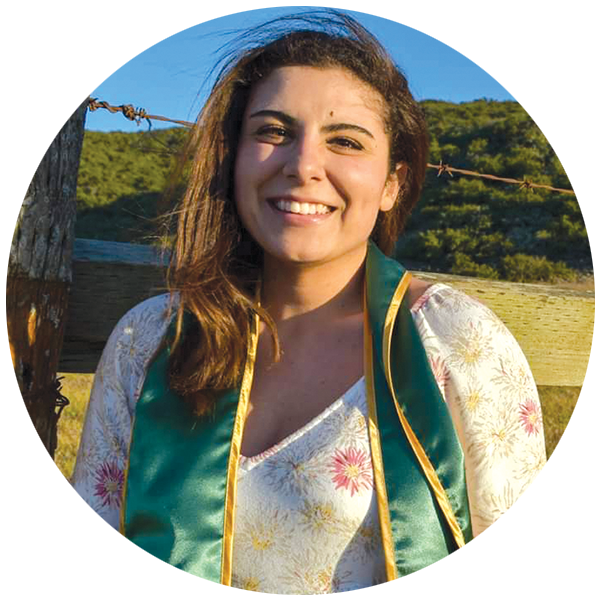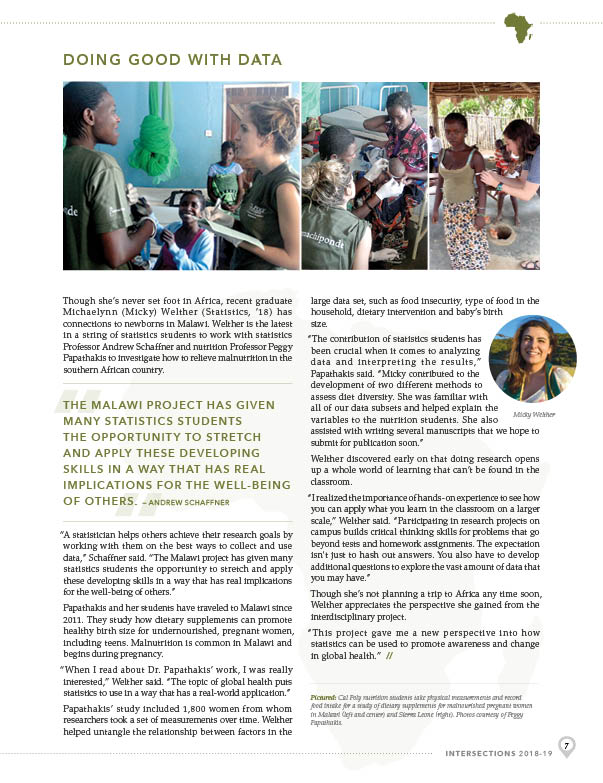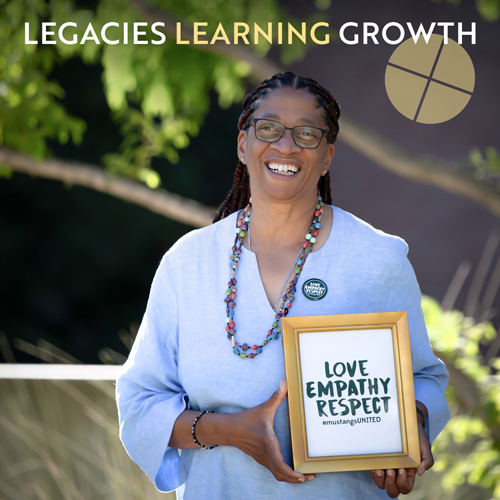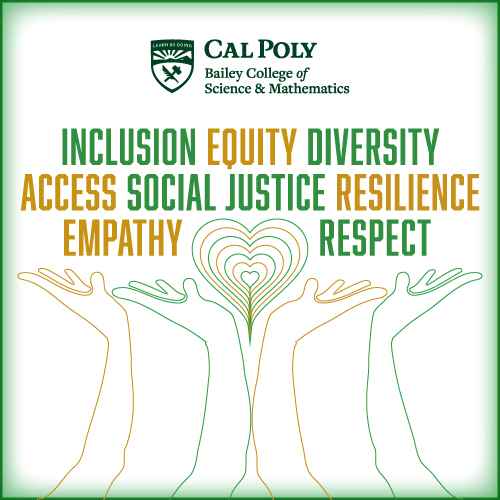Doing Good with Data

Pictured: Cal Poly nutrition students take physical measurements and record food intake for a study of dietary supplements for malnourished pregnant women in Malawi (left and center) and Sierra Leone (right).
Photos courtesy of Peggy Papathakis.
Though she’s never set foot in Africa, recent graduate Michaelynn (Micky) Welther (Statistics, ’18) has connections to newborns in Malawi. Welther is the latest in a string of statistics students to work with statistics Professor Andrew Schaffner and nutrition Professor Peggy Papathakis to investigate how to relieve malnutrition in the southern African country.
THE MALAWI PROJECT HAS GIVEN MANY STATISTICS STUDENTS THE OPPORTUNITY TO STRETCH AND APPLY THESE DEVELOPING SKILLS IN A WAY THAT HAS REAL IMPLICATIONS FOR THE WELL-BEING OF OTHERS.
—ANDREW SCHAFFNER
“A statistician helps others achieve their research goals by working with them on the best ways to collect and use data,” Schaffner said. “The Malawi project has given many statistics students the opportunity to stretch and apply these developing skills in a way that has real implications for the well-being of others.”
Papathakis and her students have traveled to Malawi since 2011. They study how dietary supplements can promote healthy birth size for undernourished, pregnant women, including teens. Malnutrition is common in Malawi and begins during pregnancy.
“When I read about Dr. Papathakis’ work, I was really interested,” Welther said. “The topic of global health puts statistics to use in a way that has a real-world application.”
Papathakis’ study included 1,800 women from whom researchers took a set of measurements over time. Welther helped untangle the relationship between factors in the large data set, such as food insecurity, type of food in the household, dietary intervention and baby’s birth size.
“The contribution of statistics students has been crucial when it comes to analyzing data and interpreting the results,” Papathakis said. “Micky contributed to the development of two different methods to assess diet diversity. She was familiar with all of our data subsets and helped explain the variables to the nutrition students. She also assisted with writing several manuscripts that we hope to submit for publication soon.”

Micky Welther
Welther discovered early on that doing research opens up a whole world of learning that can’t be found in the classroom.
“I realized the importance of hands-on experience to see how you can apply what you learn in the classroom on a larger scale,” Welther said. “Participating in research projects on campus builds critical thinking skills for problems that go beyond tests and homework assignments. The expectation isn't just to hash out answers. You also have to develop additional questions to explore the vast amount of data that you may have.”
Though she’s not planning a trip to Africa any time soon, Welther appreciates the perspective she gained from the interdisciplinary project.
“This project gave me a new perspective into how statistics can be used to promote awareness and change in global health.”





